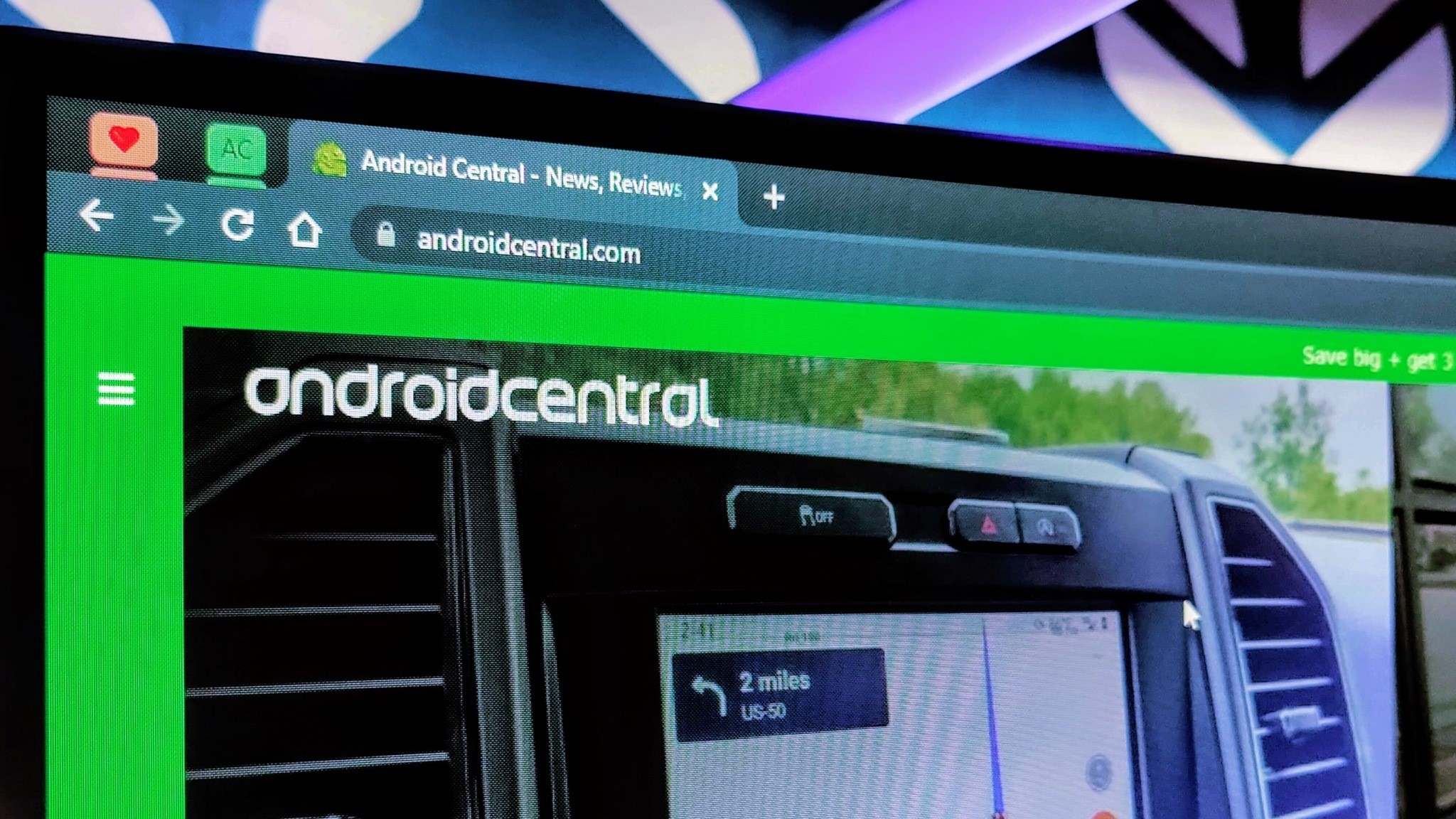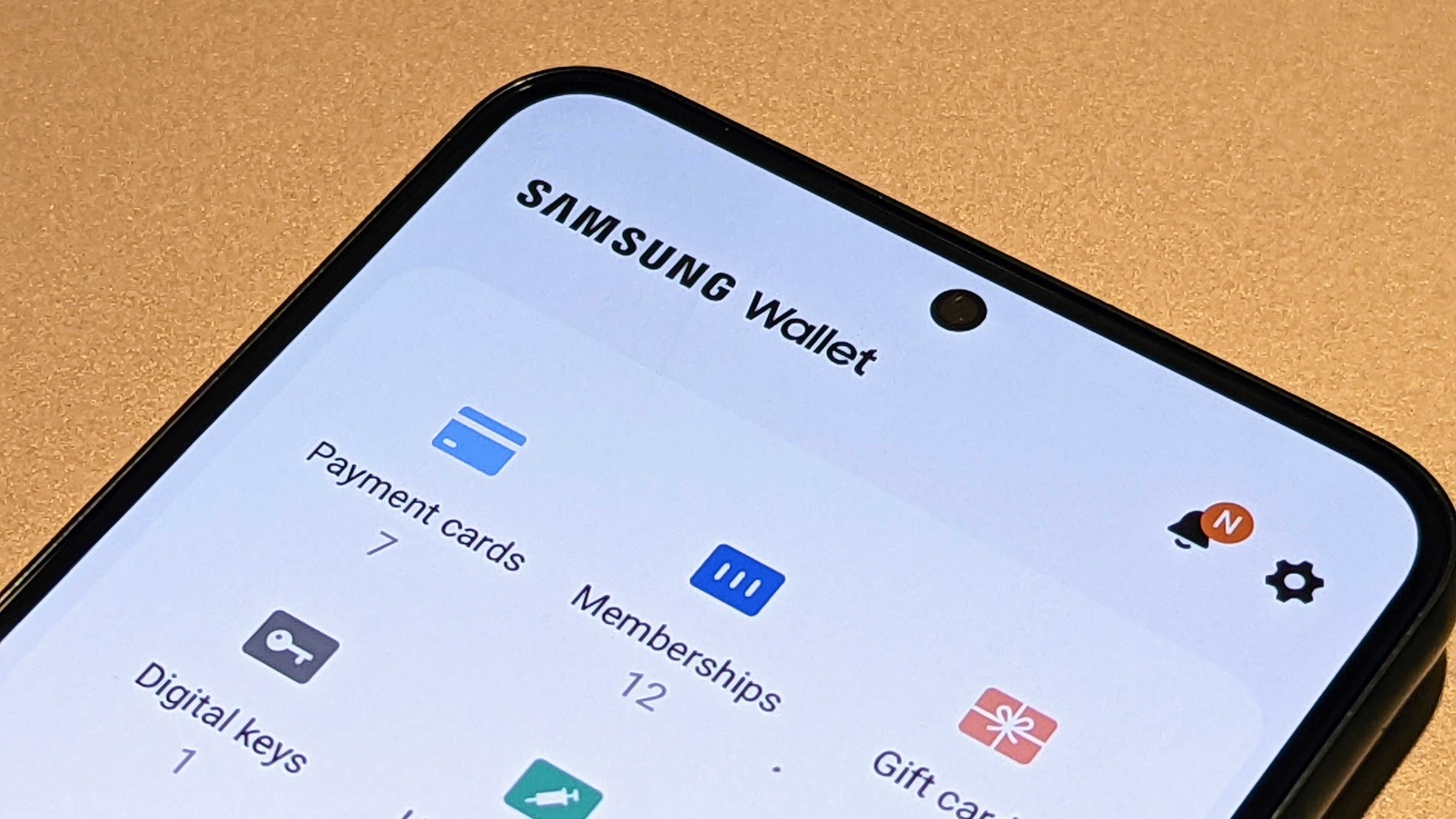Google upgrades the Chrome Omnibox address bar with machine learning
Google will be able to improve, re-train, and personalize the address bar easier thanks to ML.

What you need to know
- Google will now use machine learning in Chrome's address bar to provide better, more personalized results.
- The company says it is replacing hand-tuned formulas that were difficult to change with malleable ML models that can be quickly tweaked and refined over time.
- The change is available in the latest version of Chrome for desktop (version M124).
Google is making an under-the-hood change in the latest version of Chrome that is designed to improve the suggested webpage results that appear in the address bar, also known as the Omnibox.
In Chrome 124, these suggestions are now made with the help of machine learning models, which the company says are replacing "hand-built and hand-tuned formulas." Now that the address bar is powered by ML models, results should be more accurate and personalized to each user.
Justin Donnelly, a Chrome engineering lead working on the Omnibox, explains in a blog post that the old scoring system could not be adapted or changed over time. The engineer described it as "inflexible," and due to the lack of flexibility, "the scoring system went largely untouched for a long time." So, when looking at ways to improve the address bar and its suggestions, the Chrome team saw machine learning as the obvious solution.
ML models can often detect trends and insights that get past the human eye, and that was the case with the models powering the Omnibox. One tangible change in address bar behavior due to the switch to ML is a shift in how the "time since navigation" signal is perceived. Previously, the manual formula would give a higher relevance score to URLs that were recently accessed. However, the ML models found that this was not, in fact, what users were looking for.
"It turns out that the training data reflected a pattern where users sometimes navigate to a URL that was not what they really wanted and then immediately return to the Chrome omnibox and try again," Donnelly explains. "In that case, the URL they just navigated to is almost certainly not what they want, so it should receive a low relevance score during this second attempt."
Aside from altering the way results are scored by relevance, Google will use ML models in the address bar to make webpage suggestions "more precise and relevant to you." Presumably, your browsing habits and other data Google collects will be used to tweak the Omnibox's behavior to best suit your needs. In other words, the way that people use the Chrome address bar can be used to retrain ML models that power it over time.
The new address bar is included in Chrome 124 for desktops, though you won't notice any visual differences. In the future, Google wants to add more signals to factor into relevance scores, such as time of day and environment.
Be an expert in 5 minutes
Get the latest news from Android Central, your trusted companion in the world of Android

Brady is a tech journalist for Android Central, with a focus on news, phones, tablets, audio, wearables, and software. He has spent the last three years reporting and commenting on all things related to consumer technology for various publications. Brady graduated from St. John's University with a bachelor's degree in journalism. His work has been published in XDA, Android Police, Tech Advisor, iMore, Screen Rant, and Android Headlines. When he isn't experimenting with the latest tech, you can find Brady running or watching Big East basketball.
You must confirm your public display name before commenting
Please logout and then login again, you will then be prompted to enter your display name.
